
At a meeting today, planners from Highland Council approved three hydro power plants in a wild land area in Glen Etive, in part of the glen that lies within a National Scenic Area. This brings to a total of seven the new hydro projects now permitted here.
All seven sites were passed last month, before one member of the planning committee secured a reappraisal of the most controversial three - Allt Ceitlein, Allt Mheuran and Allt Chaorainn.
The developer Dickins Hydro says the schemes will generate enough electricity to power 'up to 8000 homes' and have promised to minimise their environmental impact.
But campaigners have made vociferous objection to the projects. Each of the schemes would involve new road construction, bridge-building, trench digging, cement-pouring and power cabling, for what they have called 'a relatively low' power output.
Objectors also point to the Scottish hydro industry's poor record of minimising disturbance and visual intrusion when building plants in remote upland locations.
Glen Etive, they say, is just too special for all such industrial development to simply be permitted - and they're now calling on the Scottish Government to review the decision.
Mountaineering Scotland had agreed that four of the proposed schemes fitted in with the existing forestry plantations, but they objected to the three applications on the eastern side of the glen which they say would spread development up the slopes, damaging the wild qualities of the mountainsides.
"This is a disappointing decision by The Highland Council" said Stuart Younie, Chief Executive Officer of Mountaineering Scotland.
"It brings into question the purpose and value of allocating special designations which are intended to help protect our finest landscapes. We understand the arguments being made in support of the proposed developments but feel there was a wider point of principle at stake today. This was about the stewardship of a national asset and we hope this decision has not set a dangerous precedent which encourages more development applications in our wild land and national scenic areas."
Mountaineering Scotland's Access and Conservation Officer Davie Black said:
"There were serious issues raised about the impact of these developments on the landscape here, an area of great importance for outdoor recreation.
"What do we have to do to save our best landscapes from heavy engineering?
"We would call on the Scottish Government to review this decision and to look carefully at how we protect a place that is double locked by landscape protections, between being a Wild Land Area and a National Scenic Area. These are national assets, places of outstanding beauty. It should be in the national interest to look after these areas, and yet these heavy engineering projects are to be allowed to destroy the very qualities that make these steep slopes and deep glens so special."



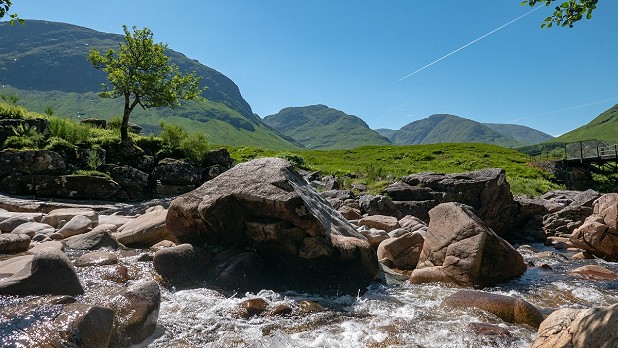





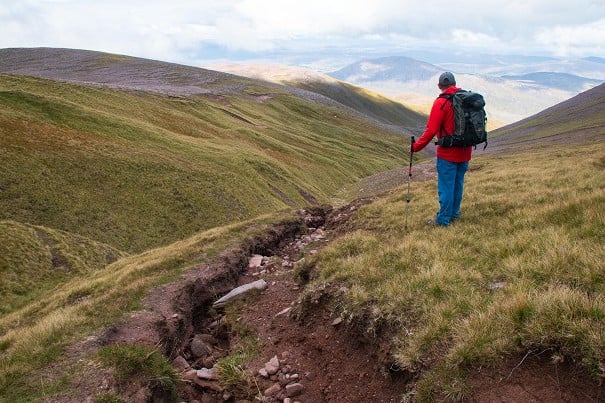
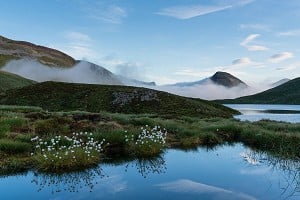
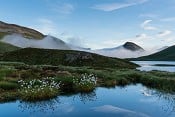


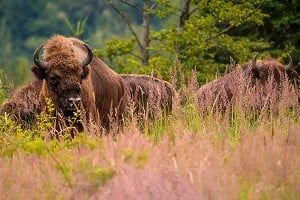



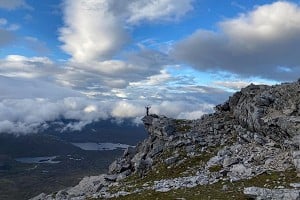
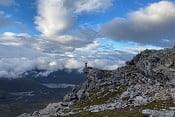
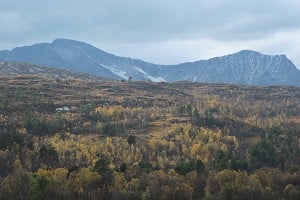
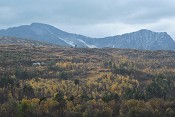
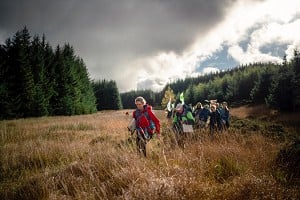

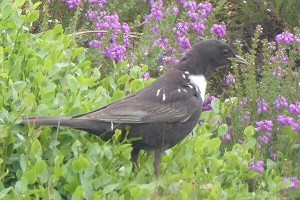
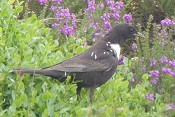


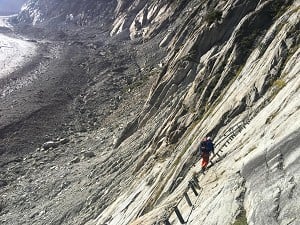
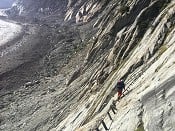




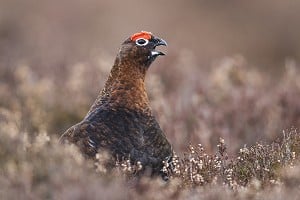

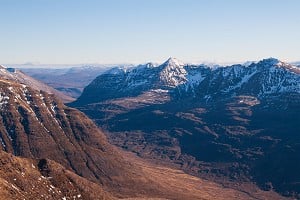
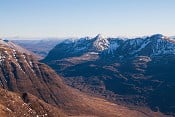
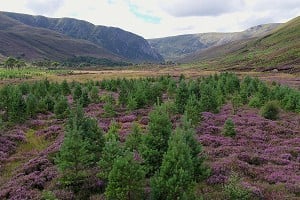
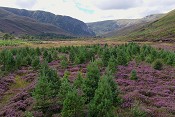
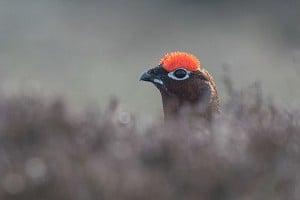

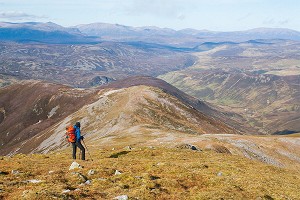
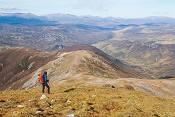
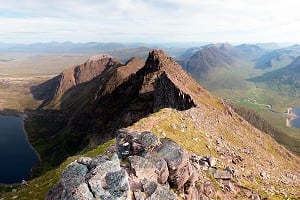
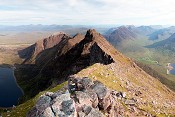
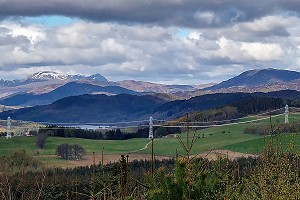
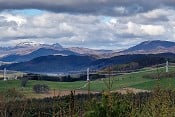
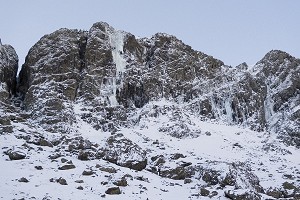
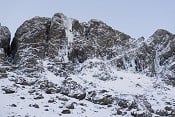
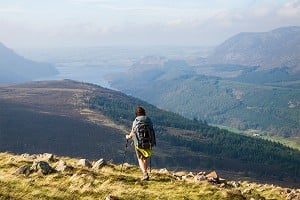

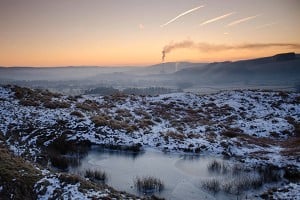
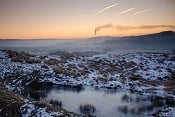
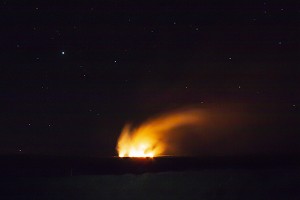
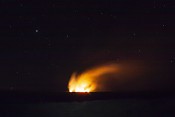


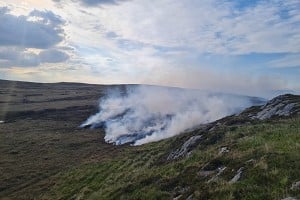
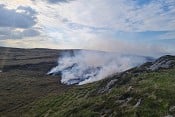
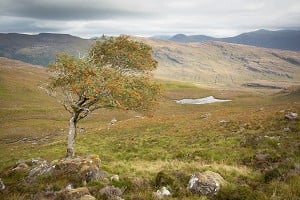
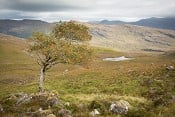
Comments